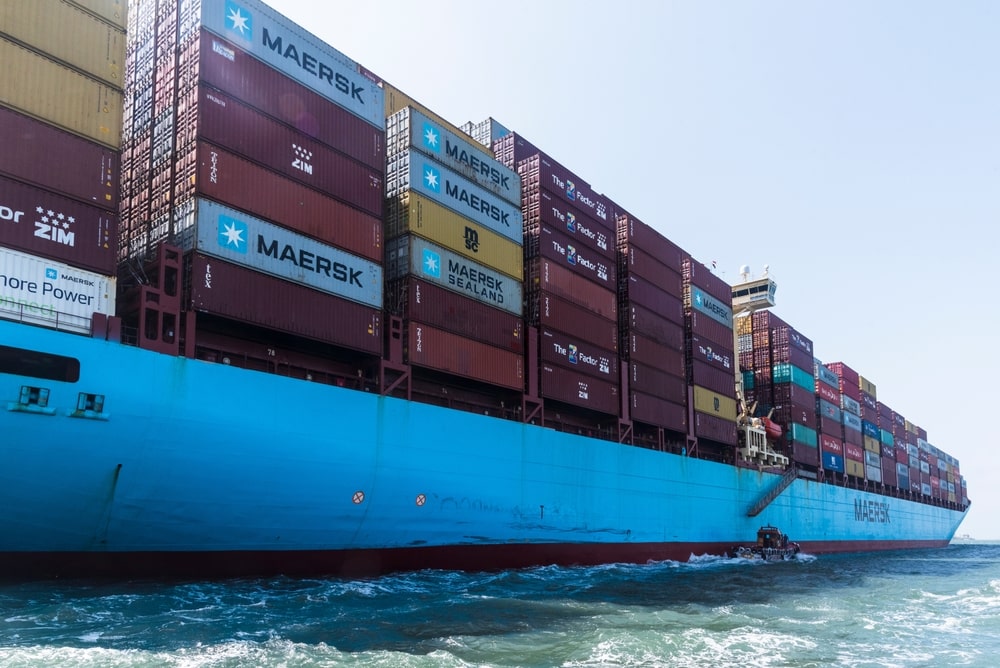
Higher costs of shipping due to use of Cape of Good Hope may stoke inflation
Diverted shipping traffic around the Cape of Good Hope is adding extra costs to businesses that may stoke inflation in the UK.
New data from the Office for National Statistics (ONS) shows that shipping traffic through the Suez Canal has fallen 66% from the middle of December last year to the beginning of April this year.
Ships have opted for the longer route around the Cape of Good Hope, following the attacks on merchant vessels by the Houthi rebels, in the wake of the Israel-Hamas conflict in Gaza.
The journey adds an extra fourteen days onto the normal shipping route, delaying the arrival date of many UK imports from countries including China.
This is another headache for UK businesses now. Another one is the staggering rise in container prices, which have risen 300% as the conflict in Middle East has escalated, according to Sky News.
Oil prices have steadily been rising too. Brent Crude was trading at $91 a barrel earlier this month. At the start of 2024, it was trading at $80 a barrel. This is an indication of the rising tension in the Middle East.
There is a concern among many policymakers that these costs could stoke inflation in the UK economy.
Volumes of trade around the Cape of Good Hope had started to increase in December 2023 and throughout the first weeks of 2024 according to the ONS.
“By the first week of April 2024 (week 14), the volume of cargo and tanker ships through the Suez Canal was 71% and 61% below the level of ship crossings seen in the previous year, respectively.”, the ONS said in a statement.
The journey around the Cape of Good Hope is regarded as a perilous one, with ships navigating close to nations such as Somalia, which has had a history of piracy.